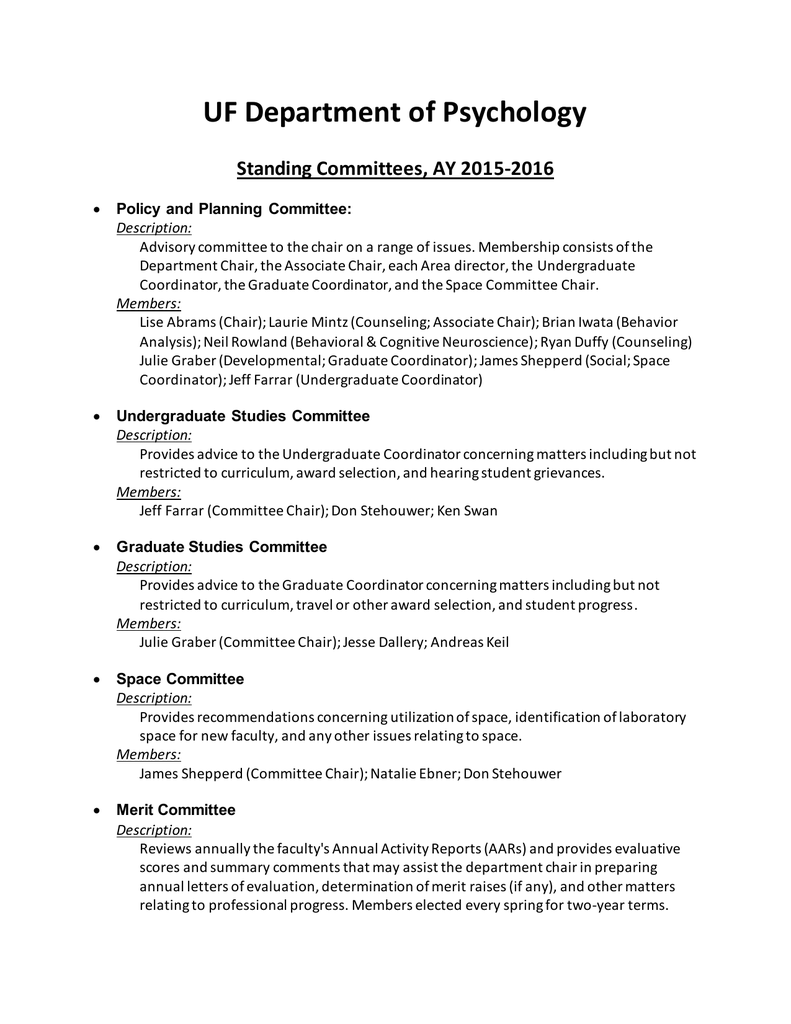

We mostly notice this problem when we try to make the brain process lots of information at high speed. Entering data, creating surveys, and exporting data in UF REDCap database Registering and granting research credit to participants using UF SONA System. What Often, we miss something that we wanted to see, hear, or feelespecially when there is a lot of information competing for our attention.

We value collaboration and we would welcome an opportunity to discuss potential projects with you. Principal Investigator: Andreas Keil, Ph.D. Andreas Keil Professor of Psychology Gainesville, Florida, United States384 connections Join to Connect University of Florida Activity A Happy Expat Spouse Whether it’s a first time move or one of. By USA ( host institution ) FL Gainesville University of Florida Department of Psychology Center for the Study of Emotion and Attention, L. However, the more money you invest, the happier youll be.
#ANDREAS KEIL UF SOFTWARE#
The software development systems will run on any PC with a USB port.
#ANDREAS KEIL UF WINDOWS#
Both of these applications run on a PC computer running Windows XP, Vista or Windows 7. For drawing electrical circuit diagrams some students use PCBArtist.
#ANDREAS KEIL UF INSTALL#
Our research has been funded by the National Science Foundation (Science of Learning, Cyberlearning and Future Technologies, Improving Undergraduate STEM Education, GoLife), the National Aeronautics and Space Administration, and the University of Florida (College of Education Research Incentive Fund and UF Research Opportunity Fund). install Keil uVision for the ARM on your laptop.

Our focus is on learners who exhibit a wide range of attentional and cognitive differences (e.g., inhibitory control, spatial ability, working memory capacity, reading ability etc.) Studies are designed using or replicating the authentic learning contexts of the 21st century and produce actionable implications for improving the design and practice of learning and teaching. Andreas Keil Processing capabilities for many low-level visual features are experientially malleable, aiding sighted organisms in adapting to dynamic environments. He studies the way the human brain and body adapt to environmental challenges over time, on the scale of milliseconds, minutes, hours, days, and across the lifespan. He is a current faculty member in NIMH Center for the Study of Emotion and Attention. We value collaboration and we would welcome an opportunity to discuss potential projects with you.Neuroscience Applications for Learning (NeurAL) Laboratory is an interdisciplinary team of faculty and student researchers who use cognitive and social neuroscience methodologies and tools to explore how people learn individually and in groups. Keil obtained his PhD in Psychology in 2000. Our research has been funded by the National Science Foundation (Science of Learning, Cyberlearning and Future Technologies, GoLife, and Improving Undergraduate STEM Education programs), the National Aeronautics and Space Administration, and the University of Florida (College of Education Research Incentive Fund and UF Research Opportunity Fund). Andreas Keil's Email Associate Professor University of Florida.

Our focus is on the learners who exhibit a wide range of attentional and cognitive differences (e.g., inhibitory control, spatial ability, working memory capacity, reading ability etc.) Studies are designed using (or replicating) the authentic learning contexts of the 21st century and produce implications for improving the design and practice of learning and teaching. Margaret Bradley, PhD, Department of Psychology. It is a senior member of the State University System of Florida and traces its historical origins to 1853. Neuroscience Applications for Learning (NeurAL) Laboratory is a team of faculty and students who use cognitive and social neuroscience methodologies and technologies to explore how people learn individually and in groups. Peter Lang, PhD, Department of Clinical & Health Psychology. The University of Florida (commonly referred to as Florida or UF) is an American public land-grant, sea-grant, and space-grant research university located on a 2,000-acre (8.1 km2) campus in North Central Florida.


 0 kommentar(er)
0 kommentar(er)
